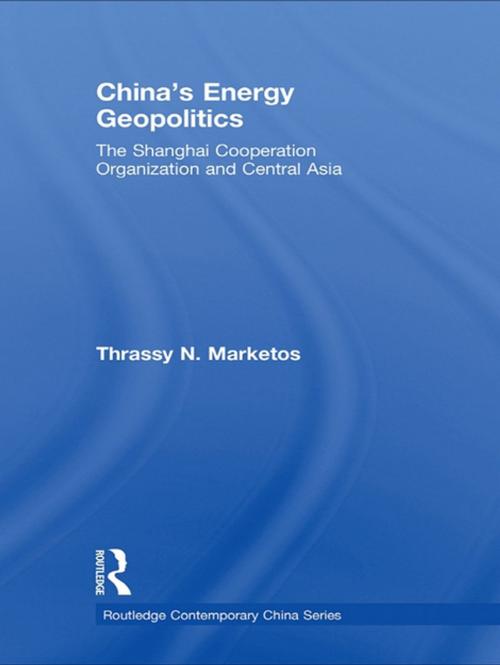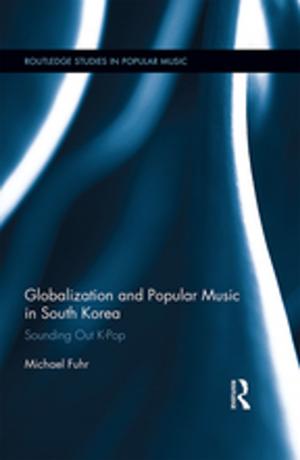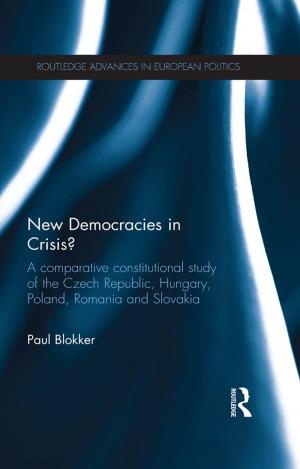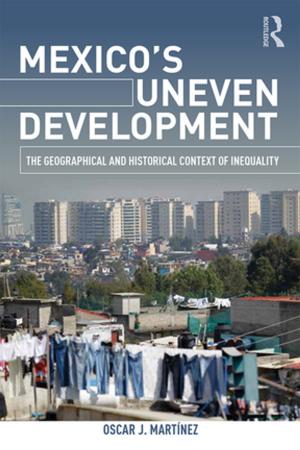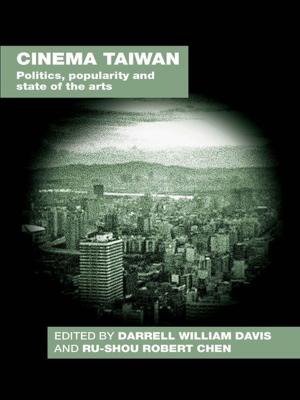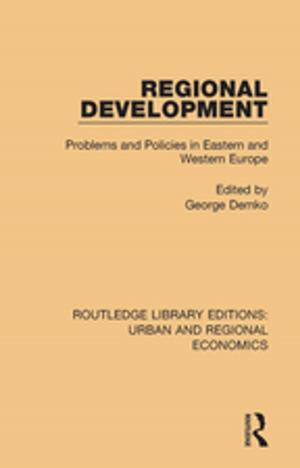China's Energy Geopolitics
The Shanghai Cooperation Organization and Central Asia
Nonfiction, Social & Cultural Studies, Political Science, International, International Security, Social Science, Cultural Studies, Ethnic Studies, International Relations| Author: | Thrassy N. Marketos | ISBN: | 9781134106011 |
| Publisher: | Taylor and Francis | Publication: | November 21, 2008 |
| Imprint: | Routledge | Language: | English |
| Author: | Thrassy N. Marketos |
| ISBN: | 9781134106011 |
| Publisher: | Taylor and Francis |
| Publication: | November 21, 2008 |
| Imprint: | Routledge |
| Language: | English |
China’s need for energy has become a driving factor in contemporary world politics and a precondition for sustaining China’s continuing high economic growth. Accordingly, Chinese energy policy has been a political and strategic rather than market-driven policy. This book focuses on the need of a stable and secure investment environment which is necessary for the energy provision of China from the Central Asian states.
The author argues that the institutionalization of the Shanghai Cooperation Organization (S.C.O.), the Friendship and Cooperation Treaty between Russia and China and Chinese bilateral agreements with individual Central Asian states present an avenue and a framework of stability in which pipeline construction can commence. With the backing of the US in the aftermath of the September 11, 2001 terrorist attacks, Chinese involvement in the region has now been expanding. However, in order to stabilize the region for Chinese investment in energy resources, the author states that the US needs to be present in the region and that a strategic framework of cooperation between Russia, China and the US has to be developed.
The book will be of interest to academics working in the field of International Security, International Relations and Central Asian and Chinese politics.
China’s need for energy has become a driving factor in contemporary world politics and a precondition for sustaining China’s continuing high economic growth. Accordingly, Chinese energy policy has been a political and strategic rather than market-driven policy. This book focuses on the need of a stable and secure investment environment which is necessary for the energy provision of China from the Central Asian states.
The author argues that the institutionalization of the Shanghai Cooperation Organization (S.C.O.), the Friendship and Cooperation Treaty between Russia and China and Chinese bilateral agreements with individual Central Asian states present an avenue and a framework of stability in which pipeline construction can commence. With the backing of the US in the aftermath of the September 11, 2001 terrorist attacks, Chinese involvement in the region has now been expanding. However, in order to stabilize the region for Chinese investment in energy resources, the author states that the US needs to be present in the region and that a strategic framework of cooperation between Russia, China and the US has to be developed.
The book will be of interest to academics working in the field of International Security, International Relations and Central Asian and Chinese politics.
